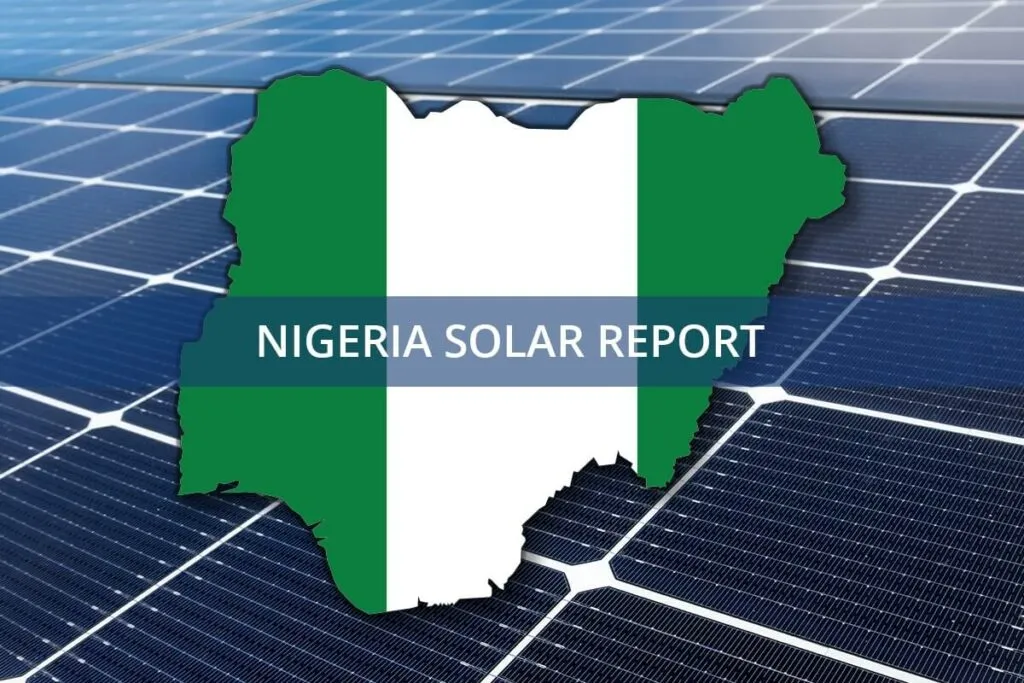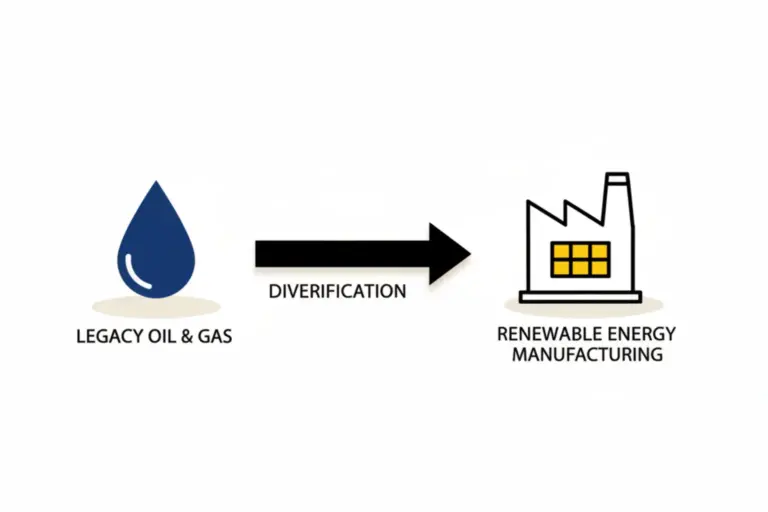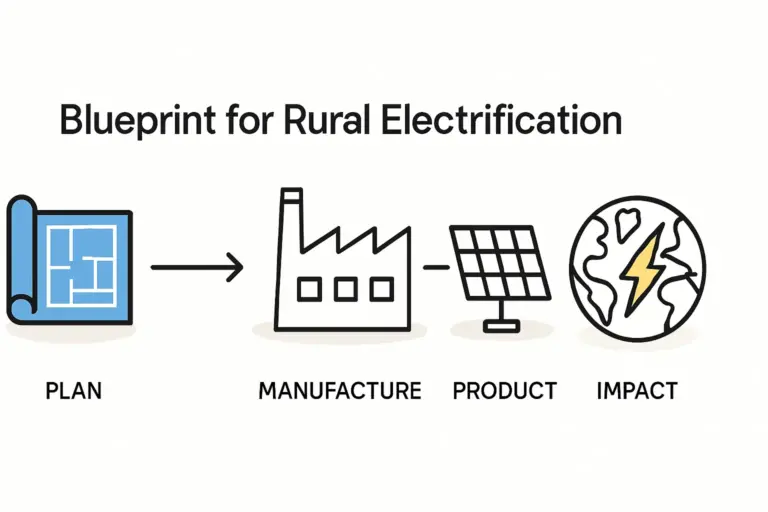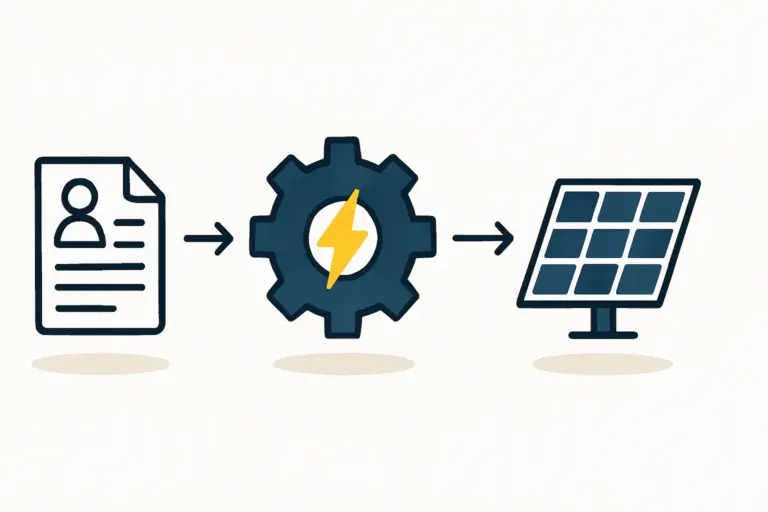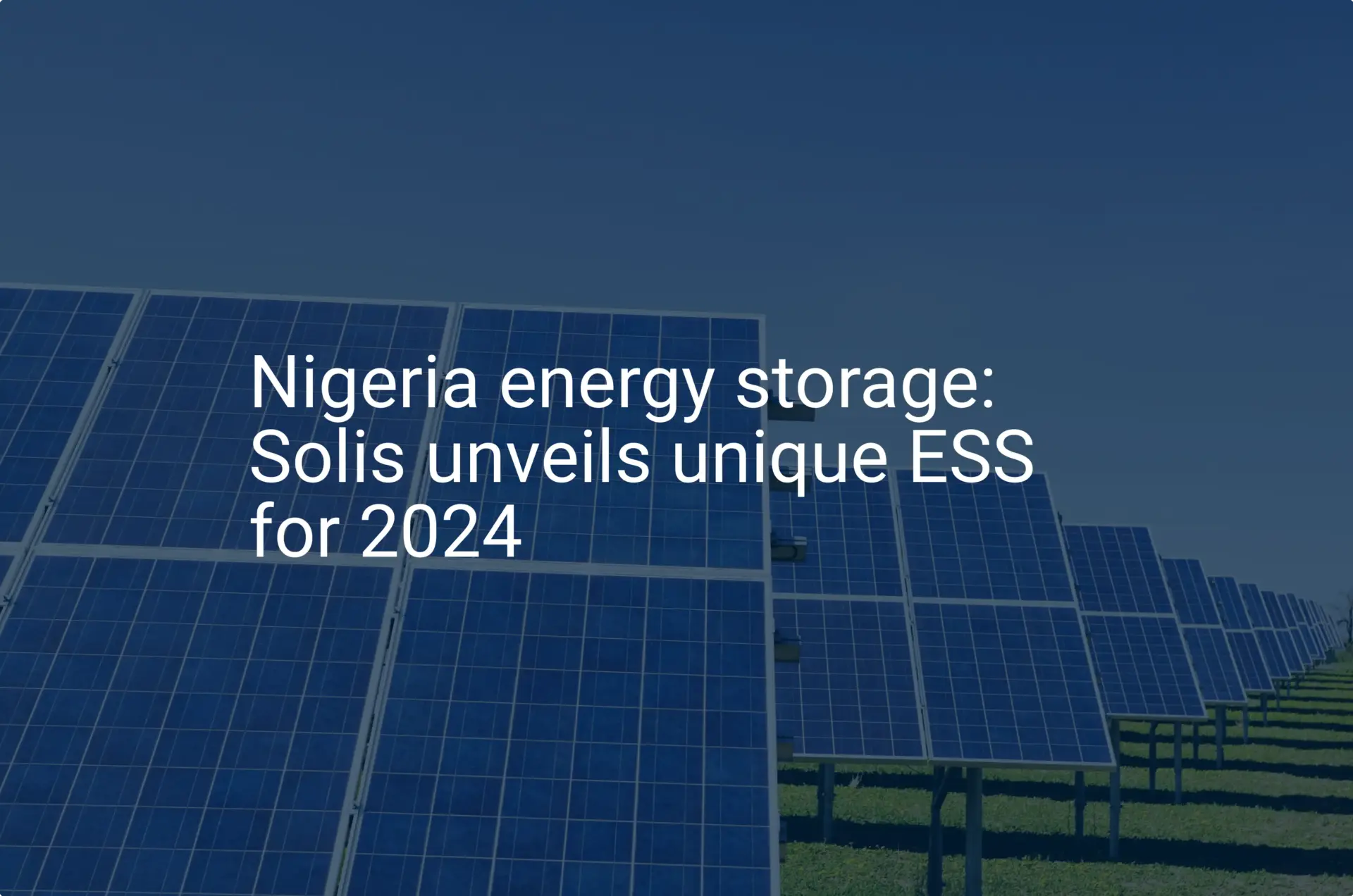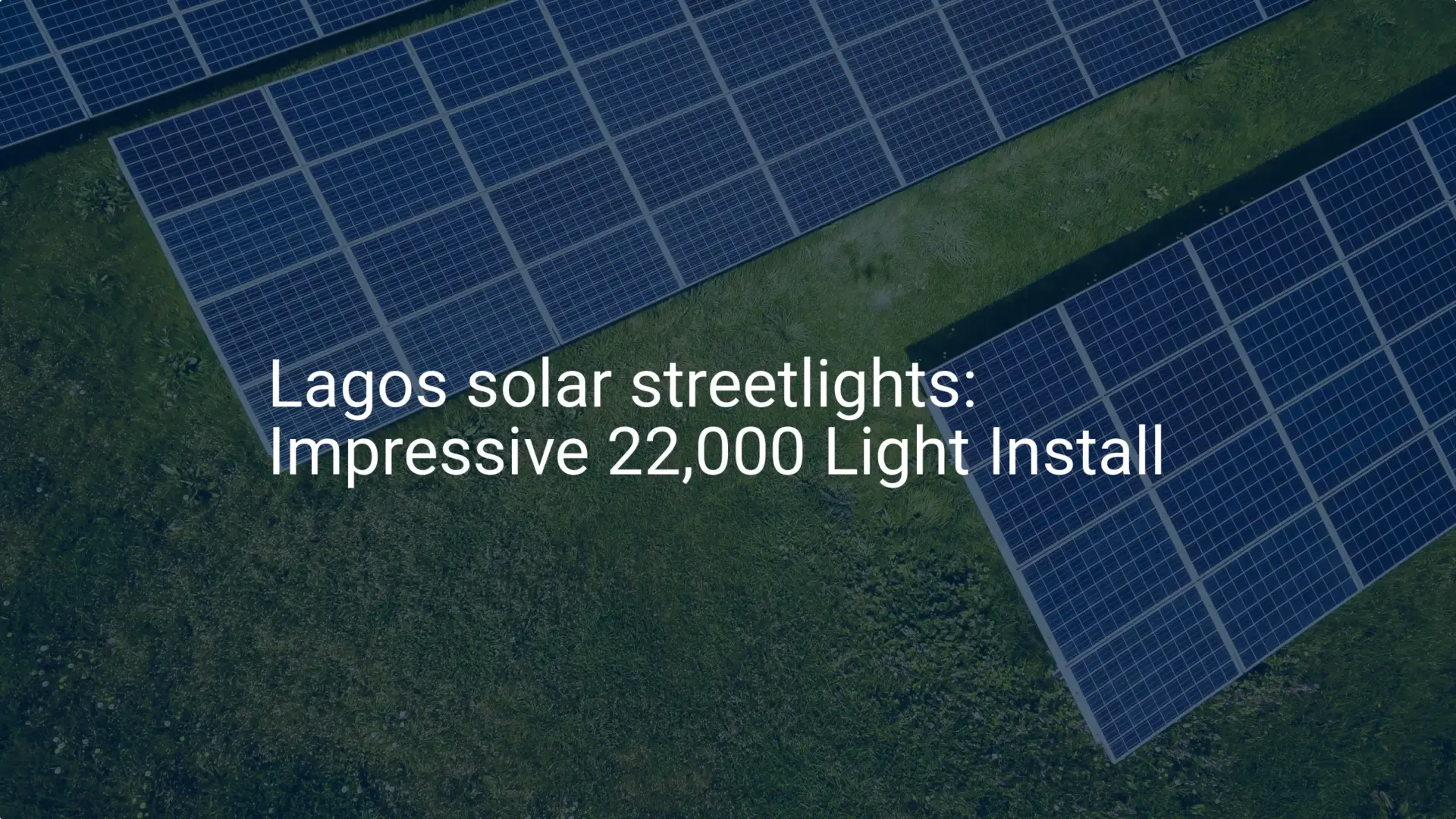An investor considering a new market typically begins by assessing the financial landscape. In Nigeria, a nation with immense solar potential and a growing demand for reliable energy, the government offers significant fiscal incentives to encourage local manufacturing.
For entrepreneurs looking to enter the solar module production sector, understanding these programs is more than an advantage—it’s a critical component of a successful market entry strategy. This guide provides a clear overview of the Pioneer Status Incentive (PSI) and other key support mechanisms, outlining the benefits, eligibility, and application process for prospective solar manufacturers in Nigeria.
Understanding Nigeria’s Industrial Policy Landscape
Nigeria’s industrial policy is designed to foster economic diversification, create employment, and build local capacity in critical sectors. The government recognizes renewable energy, particularly solar manufacturing, as a key driver for achieving these national objectives.
To attract investment into these priority areas, a framework of fiscal incentives is in place. These programs are intended to de-risk market entry and improve the financial viability of new industrial projects during their formative years. The Nigerian Investment Promotion Commission (NIPC), a federal agency, is the primary body administering these incentives and serves as a central point of contact for investors.
The Pioneer Status Incentive (PSI): A Primary Fiscal Advantage
The most significant incentive available to new solar manufacturers in Nigeria is the Pioneer Status Incentive, governed by the Industrial Development (Income Tax Relief) Act. It grants qualifying companies temporary relief from corporate income tax.
What is the Pioneer Status Incentive?
Pioneer Status is a tax holiday for companies in industries considered beneficial to Nigeria’s economic development. The official ‘List of Pioneer Industries and Products,’ which is regularly updated, includes the manufacture of solar panels and related components. This designation signals that the government views solar manufacturing as a strategic priority.
Key Financial Benefits for Solar Manufacturers
The primary benefit of Pioneer Status is a corporate income tax holiday for an initial three years. This period can be extended for another one or two years, provided the company meets certain performance criteria.
This tax relief has profound implications for a new manufacturing venture:
-
Improved Cash Flow: Retaining profits that would otherwise be paid in taxes provides critical liquidity during the capital-intensive startup phase.
-
Accelerated Return on Investment: The tax savings can be reinvested into the business to scale operations, purchase new equipment, or expand market reach, shortening the payback period for the initial investment.
-
Tax-Free Dividends: Dividends paid out of profits earned during the pioneer period are exempt from withholding tax.
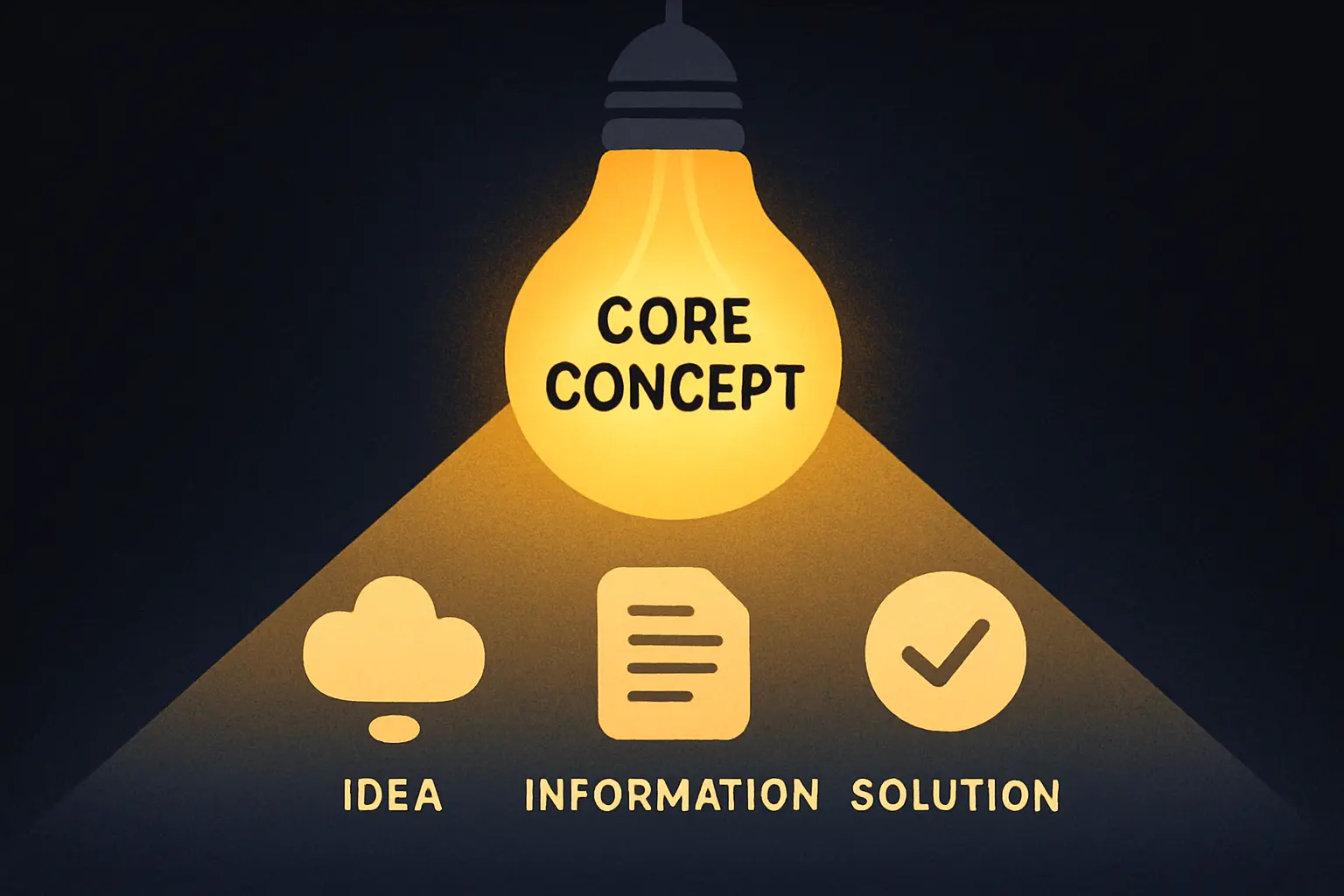
Eligibility Criteria for Applicants
To qualify for Pioneer Status, a company must:
-
Be engaged in an industry or producing a product listed as ‘pioneer.’ Solar module manufacturing is explicitly included.
-
Be a registered limited liability company in Nigeria.
-
Have a non-current tangible asset expenditure of not less than N100 million (approximately USD 220,000, though subject to exchange rate fluctuations).
-
Demonstrate that the proposed manufacturing activity is new to the company and will be physically located in Nigeria.
The Application Process for Pioneer Status: A Step-by-Step Guide
While the benefits are substantial, the application process requires careful preparation and adherence to NIPC guidelines. Experience with past turnkey projects shows that a methodical approach is essential.
Step 1: Company Incorporation and NIPC Registration
The applicant must first be legally incorporated as a company with Nigeria’s Corporate Affairs Commission (CAC), and then register with the NIPC.
Step 2: Assemble the Application Package
The core of the application is a comprehensive submission package, which typically includes:
-
The completed NIPC application form.
-
A copy of the company’s Certificate of Incorporation.
-
The company’s Memorandum and Articles of Association.
-
A detailed [Link 2: business plan for solar panel manufacturing] that clearly outlines the project’s scope, financial projections, and economic benefits to Nigeria (e.g., job creation, technology transfer).
-
Evidence of asset acquisition and capital investment.
Step 3: Submission and Vetting
The completed application is submitted to the NIPC, which then conducts a thorough review. This may include a physical verification visit to the proposed factory site to confirm the investment.
Step 4: Approval and Issuance
Upon successful vetting, the NIPC presents the application to the Federal Executive Council (FEC) for final approval. Once approved, the company is issued a Pioneer Status Certificate detailing the pioneer period and the specific product or service covered. The entire process, from submission to approval, can take several months.

Beyond Pioneer Status: Other Relevant Incentives
While PSI is the cornerstone incentive, investors should also be aware of other fiscal support mechanisms that can complement it:
-
Customs Duty Waivers: The government may grant waivers on customs duties for importing machinery and raw materials that are not available locally. This significantly reduces the initial capital outlay required for setting up a factory.
-
Investment Tax Credits: Companies can receive tax credits on their capital expenditures, which can be used to offset future tax liabilities after the pioneer period expires.
-
Capital Importation Certificate: For foreign investors, obtaining a Certificate of Capital Importation (CCI) ensures the seamless repatriation of profits and capital in the future.
Strategic Considerations for Investors
Leveraging these incentives successfully requires strategic planning that goes beyond simply filling out forms. The location of the manufacturing facility, for example, is crucial. Establishing a factory in a designated Special Economic Zone (SEZ) or Free Trade Zone (FTZ) may provide access to additional infrastructure and tax benefits.

Furthermore, the application must convincingly demonstrate the project’s viability. This includes showing a clear understanding of the [Link 3: solar panel manufacturing process] and a plan to produce quality modules suitable for local and regional markets.
Frequently Asked Questions (FAQ)
-
How long does the Pioneer Status last?
The initial period is three years. It can be extended for a maximum of two additional years, bringing the total potential tax holiday to five years. -
What are the official government fees for the application?
The NIPC charges a non-refundable application fee, which under recent guidelines is typically around N2,500,000. It is best to confirm the current fee structure directly with the NIPC. -
Can a foreign-owned company apply for Pioneer Status?
Yes, both wholly foreign-owned and joint-venture companies incorporated in Nigeria are eligible to apply, provided they meet all other criteria. -
What happens after the tax holiday expires?
Once the pioneer period ends, the company becomes subject to Nigeria’s standard corporate income tax rate. -
Is solar module assembly considered a pioneer industry?
Yes, the manufacturing and assembly of solar panels are classified under the pioneer industries list, making them eligible for the incentive.
The Path Forward
For entrepreneurs and established businesses evaluating this opportunity, Nigeria’s incentive structure presents a compelling case. The Pioneer Status Incentive, in particular, can fundamentally improve the financial model of a new solar manufacturing plant.
Successfully navigating these requirements hinges on diligent preparation and strategic planning. For those ready to take the next step, a deeper exploration of [Link 1: how to start a solar panel factory] provides a structured framework for turning this market opportunity into an operational reality.

